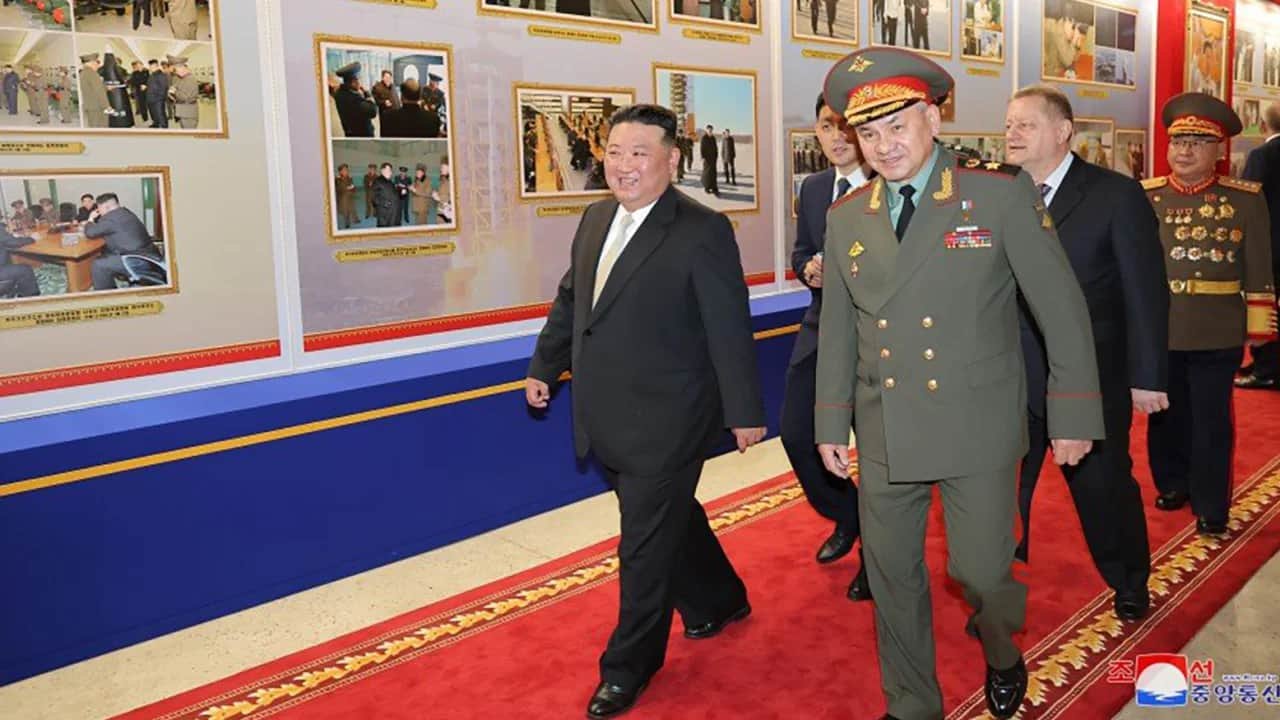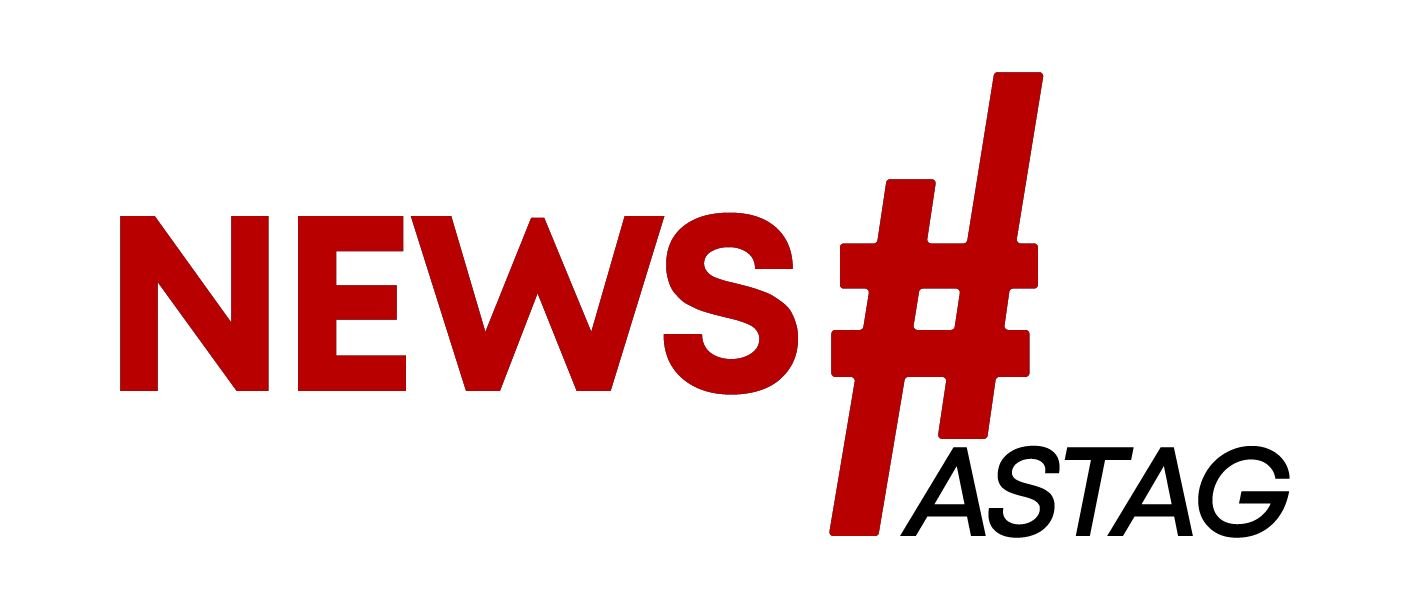North Korea, China, and Russia Commemorate “Victory Day” and Align Over Ukraine: A Complex Nexus of History, Alliances, and Conflicts
Delegations from Russia and China, staunch allies of North Korea during the Korean War, gathered in Pyongyang this week to celebrate the 70th anniversary of North Korea’s “Victory Day” in the war that devastated the Korean Peninsula seven decades ago. However, beyond the commemoration of historical events, the three authoritarian nuclear powers find themselves aligning on another contemporary conflict – Russia’s devastating invasion of Ukraine. This article delves into the significance of the recent gatherings, explores the history of alliances between North Korea, China, and Russia, and examines their collective involvement in the ongoing crisis in Ukraine.
North Korea’s “Victory Day” Celebrations and Modern Collaborations
As part of the “Victory Day” celebrations, North Korean leader Kim Jong Un extended a warm welcome to Russian Defense Minister Sergei Shoigu, who played a crucial role in Moscow’s actions during the invasion of Ukraine. The media images from the event showcased Kim and Shoigu inspecting a wide range of weaponry, including Pyongyang’s nuclear-capable ballistic missiles and state-of-the-art drones. During a state reception for the Russian delegation, North Korean Defense Minister Kang Sun Nam expressed full support for Russia’s struggle to defend its sovereignty and security in Ukraine.
Notably, the Chinese delegation led by Politburo member Li Hongzhong was also present, receiving gratitude from senior North Korean official Kim Song Nam for China’s support during the Korean War. The presence of both Chinese and Russian delegations at the armistice anniversary underscores the importance Pyongyang attaches to its relationships with these countries.
Historical Ties and Modern Alliances
The Korean War, which occurred from 1950 to 1953, saw China and the Soviet Union (Russia’s predecessor) supporting North Korea with military assistance. China sent a significant number of troops to aid its North Korean ally, and the Soviet Union provided combat support and heavy weaponry. While the war ended in a stalemate with the signing of an armistice in 1953, no official peace treaty has been established, and tensions have persisted on the Korean Peninsula ever since.
In the post-war era, North Korea maintained close ties with both China and Russia, with a shared animosity toward the West, particularly the United States. Both China and Russia, as permanent members of the UN Security Council, have defended Pyongyang’s interests before the world body when Western powers attempted to impose further sanctions on North Korea.
The Ukraine Crisis and Unified Stance
In recent times, North Korea, China, and Russia have found themselves collectively aligned on the issue of Ukraine. Russia’s invasion of Ukraine in February 2022 prompted a united front among these authoritarian nuclear powers. As Russia’s actions faced resistance from Ukrainians defending their homeland, China and North Korea provided diplomatic support, while China refrained from directly supplying weaponry to Russia.
The China-Russia military exercises, known as Northern/Interaction-2023, brought naval and air forces together to enhance regional peace and stability in the waters between the Korean Peninsula and Japan. Meanwhile, South Korea and the US conducted their own military displays in response to the geopolitical situation, highlighting the complexities of the region.
The gatherings in Pyongyang to commemorate the 70th anniversary of the Korean War’s end serve as a platform for North Korea, China, and Russia to demonstrate their historical ties and reinforce contemporary alliances. While the “Victory Day” celebrations carry symbolic importance for North Korea, they also showcase the unity of these authoritarian nuclear powers amid the ongoing crisis in Ukraine. As international tensions persist, the region remains a complex nexus of history, alliances, and conflicts, demanding careful attention from the global community to maintain regional stability and security.




